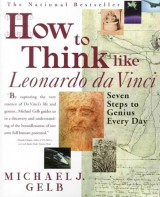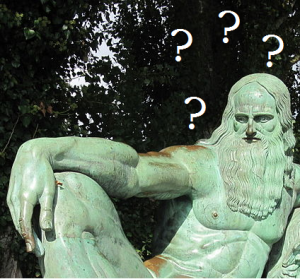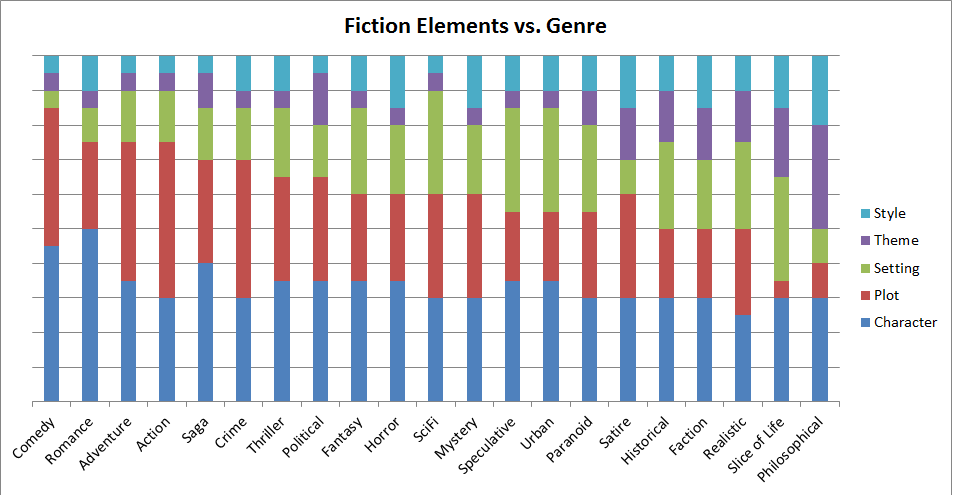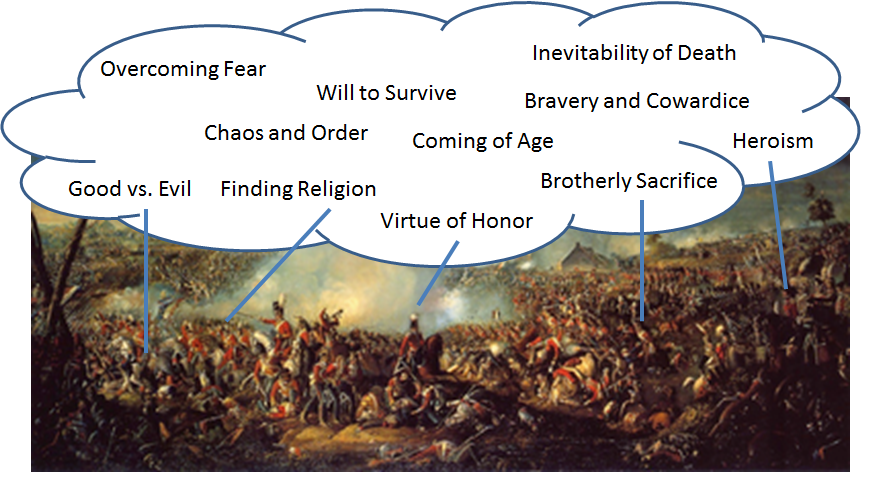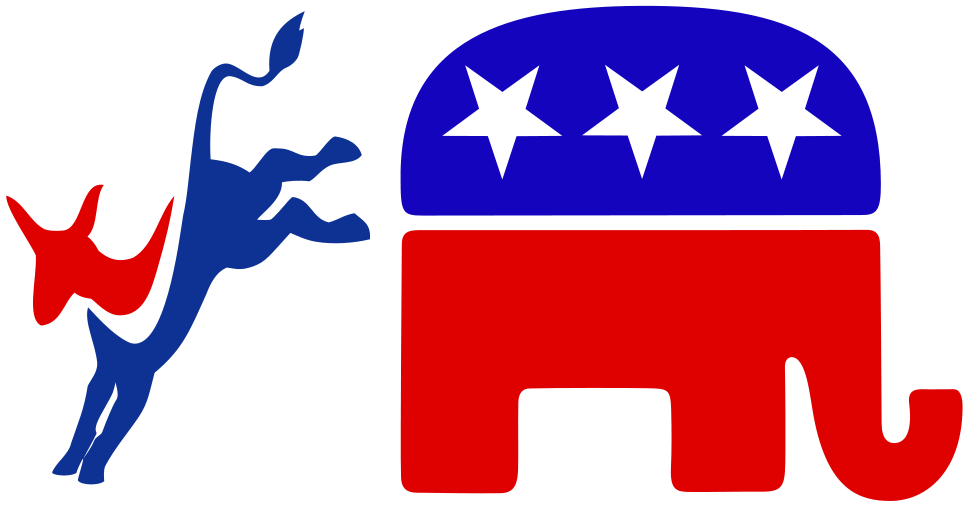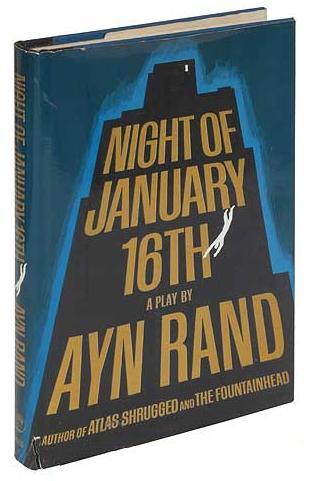Writing the ending of your story can be as difficult as coming up with its opening lines. After all, the ending is the part that will (or should) linger in your readers’ minds. It’s important to craft an ending that satisfies, intrigues, and leaves readers hungry for your next book.
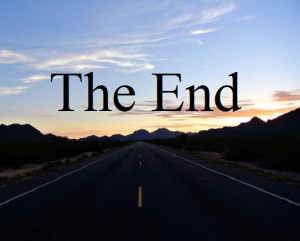 What should you do to create a memorable and striking ending? Here are 8 rules to follow, distilled from great posts you should also read by Dee White, James V. Smith, Jr., Brian Klems, Crista Rucker, Joanna Penn, and the folks at Creative Writing Now and WikiHow:
What should you do to create a memorable and striking ending? Here are 8 rules to follow, distilled from great posts you should also read by Dee White, James V. Smith, Jr., Brian Klems, Crista Rucker, Joanna Penn, and the folks at Creative Writing Now and WikiHow:
- Resolve the story’s main conflict(s). Even if the external conflict isn’t fully resolved, the protagonist’s internal conflict should demonstrate growth in that character.
- Ensure the final events result from the protagonist’s actions and decisions. For better or worse, the hero must bring about the ending, not stand by and watch it happen. Do not allow a Deus Ex Machina.
- Strive for an ending that’s inevitable, yet unexpected. I’ve always found Beethoven’s music to be like that. “Yeah,” you’re asking, “but how do I do that?” Take the expected ending and give it a twist; that’s how to give readers something they don’t expect. The way to make that ending inevitable is to go back and drop foreshadowing hints into the story. If these hints are subtle, then your ending can be both inevitable and unexpected.
- Allow only a brief resolution after the story’s climax. The end should be a rapid relaxation of tension as I depicted here.
- The end should refer to story’s theme, but not be preachy like a morality play.
- If you’re unsure how to end your tale, write several draft endings and either choose the best one, or combine elements from two or more of the best. You may end up with as many drafts of the ending as you wrote for the beginning hook.
- You needn’t fully wrap up all the story’s loose ends (except those pertaining to the protagonist and the main internal conflict), but they should be addressed or hinted at.
- The end should reflect back to beginning, but in a spiral manner, not a circular one. By that I mean that things can never be as they were in the beginning of the story; too much has changed. By referring back to the beginning, that will emphasize this change to the reader.
Adherence to these rules should help you end your stories in a manner satisfying to your readers. At last, riding off into the sunset on his amazing rocket-powered pen, goes—
Poseidon’s Scribe

